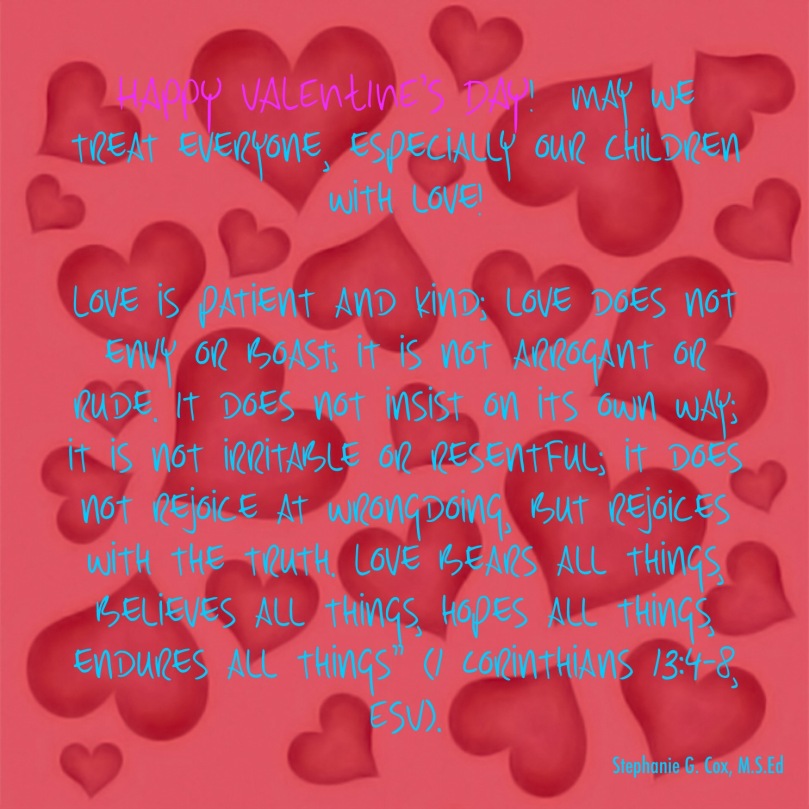I read this book over a year ago. It is excellent! Now that I finally have a blog of my own, I can post my review here.
“Do not participate in the unfruitful deeds of darkness, but instead even expose them” (Ephesians 5:11, NASB).
As Christians, we are called to expose darkness where we find it, and to recognize sin not only in the world around us, but also in the Body of Christ. M. Dolon Hickmon has done just that in 13:24 – A Story of Faith and Obsession, a fast-paced crime thriller that offers readers a sobering glimpse of one of the darkest aspects of Christianity.
13:24 opens with protagonists Chris and Josh leading hard, sinful lives. Chris is an emotionally neglected teenaged fan of the heavy metal band, Rehoboam. Josh is the wild, tattooed leader of that band. At every concert, Christians protest with signs and slogans that are almost as hate-filled as Josh’s violent lyrics seem to be. When Chris goes on a murderous rampage, people blame his fascination with “demonic” music. Meanwhile, celebrity evangelist Allen Garnfield capitalizes on the media frenzy, using details from Chris’ crimes to rail against what he sees as the true cause of violent youth: society’s ongoing shift away from old-fashioned physical punishment. While the criminal investigation unfolds, Garnfield’s sermons are presented alongside scenes of disciplinary beatings, which contribute to the implosions of both Chris’ and Josh’s lives.
For some believers, it might be tempting to deny that Christian spanking advocates have contributed to such tragedies of physical abuse. Sadly, Allen Garnfield’s incendiary lines could easily be quotes from popular books by real-life iconic Christian pro-spanking teachers:
“On the bare legs or bottom, switch him eight or ten licks; then, while waiting for the pain to subside, speak calm words of rebuke. If the crying turns to a true, wounded, submissive whimper, you have conquered; he has submitted his will. If the crying is still defiant, protesting and other than a response to pain, spank him again” (Pearl, 1994, p. 80).
“The child may be more strong-willed than the parent, and they both know it. If he can outlast a temporary onslaught, he has won a major battle, eliminating punishment in the parent’s repertoire. Even though Mom spanks him, he wins the battle by defying her again. The solution to this situation is obvious: outlast him; win, even if it takes a repeated measure” (Dobson, 1970, p. 45).
“For example, a dime sized bruise on the buttocks of a fair-skinned child may or may not indicate an abusive situation. It all depends. In an otherwise secure and loving home, that bruise may have no greater psychological impact than a skinned knee or a stubbed toe. Again the issue in not the small abrasion; it is the meaning behind it” (Dobson, 1996, p. 25).
“After you have spanked, take the child up on your lap and hug him, telling him how much you love him, how much it grieves you to spank him, and how you hope that it will not be necessary again. Then if he is still not restored, you are to check your own spirit to see if you have handled him roughly… [or] brought unholy anger on this holy mission, and if you have, seek forgiveness from God. If your child is still angry, it’s time for another round, ‘Daddy has spanked you, but you are not sweet enough yet. We are going to have to go back upstairs for another spanking'” (Tripp, 1995, p. 149).
As a Christ-follower I was a bit nervous about reading this book. I was concerned that its purpose was to rip Christians and the Bible apart. Having read it, I can assure readers that Hickmon does no such thing.
The title of the book is taken from Proverbs 13:24, “He who withholds his rod hates his son.” See here regarding how to accurately interpret the “rod” verses. The importance of this verse becomes clear when Josh uses music and stagecraft to reenact the rarely-told history of King Solomon—widely credited as the compiler of the Book of Proverbs. In these concert scenes, readers graphically witness that King Solomon, though gifted with wisdom from God, was also deeply flawed as a father, husband, and spiritual leader. He ultimately chose worldly sensuality and treasures over keeping with the wisdom that God gave him.
“Solomon was a great ruler who sowed the seeds of the dissolution of his empire and his kingdom was split into two after he died. Solomon’s blunder was that, as he got older, accumulating personal wealth became more important than building up his country. His love for foreign women caused him to accumulate a ridiculous number of wives (I Kings 11:1-4). As Solomon himself noted, leaders need wisdom, understanding, righteousness, and truth to ensure the success of their reign. Wealth, fame, beautiful women, and incredible edifices are not what leadership is all about. God himself praised a young Solomon for choosing wisdom and justice over wealth, longevity, or power over his enemies (I Kings 3:10-11), but it seems that he forgot about his mission” (Friedman, http://academic.brooklyn.cuny.edu/economic/friedman/moralleadership.htm).
Hickmon’s ultimate point is made when Josh, while being questioned about his possible connection to a string of murders, points out how Solomon’s seemingly harsh, authoritarian prescriptions violate Christianity’s important ideals: “Jesus didn’t burden his disciples with impossible demands or whip them into automatic obedience. Rather, Jesus said ‘My yoke is light,’ and demonstrated his authority by kneeling to wash his servants’ feet. On the subject of physical punishment, Jesus said, ‘Whoever is without blame, cast the first stone.’ And while Solomon dismissed children as fools, Christ insisted, ‘Heaven is ruled by such as these'” (Hickmon, 2013, p. 47). Yes, the entire Bible is divinely inspired. However, Jesus changed everything when He suffered and died on the cross for humanity’s sins. Jesus desires mercy, not sacrifice.
I must quickly point out that upon deeper study of Hebrew, the “rod” verses of Proverbs do not mean to spank children, but rather to discipline (teach, guide) children. Most Jews do not practice corporal punishment.
Another aspect of the book is that both Chris and Josh experience Post Traumatic Stress Disorder (PTSD). Hickmon does a wonderful job depicting what people go through when they have this serious disorder. Wired with fear from harsh/abusive parenting, a child may suffer with anxiety for the rest of his/her life. Experiences of maltreatment can also leave victims feeling like failures, because no matter how hard they try, they can’t always overcome the intense, overwhelming fear and anxiety.
Chris and Josh also demonstrate a range of other effects that we now know to be associated with even mild corporal punishment. “Corporal punishment has been linked to a host of psychological problems. A history of harsh punishment has been found to underlie ‘conduct disorder,’ and anxiety disorders in children. Adults who were physically punished as adolescents are more likely to suffer from depressive symptoms, suicidal thoughts and alcohol abuse” (Grille, 2005, p. 184).
One of my favorite quotes from this book is a comment one investigator makes about his grandfather: “He used to say that Satan’s greatest trick wasn’t making people think he didn’t exist–it was convincing Christians that he couldn’t speak from the pulpit” (Hickmon, 2013, p. 308). This is so true. Pro-spanking theology is not from God. Hurting children in God’s name is blasphemy. I explain this in detail in my own book, Gentle Firmness.
If you like mystery/thrillers, you will not be disappointed with 13:24. I must warn that many scenes are extremely graphic and can be triggering for some. I had a very hard time reading the child abuse scenes and cried through them. I give Hickmon five stars for creating a totally fictitious story that exposes one of Christianity’s darkest corners, creating the possibility of real insight and change.
References:
Dobson, J. (1970). Dare to Discipline. Carol Stream, IL: Tyndale House Publishers.
Dobson, J. (1996). The New Dare to Discipline. Carol Stream, IL: Tyndale House Publishers.
Friedman, http://academic.brooklyn.cuny.edu/economic/friedman/moralleadership.htm.
Grille, R. (2005). Parenting for a Peaceful World. New South Wales, Australia: Longueville Media.
Pearl, M. (1994). To Train Up A Child. Pleasantville, TN: No Greater Joy Ministries.
Tripp, T. (1995). Shepherding a Child’s Heart. Wapwallopen, PA: Shepherd Press.










